6. The Turin Horse (Bela Tarr and Agnes Hranitzky, 2011)
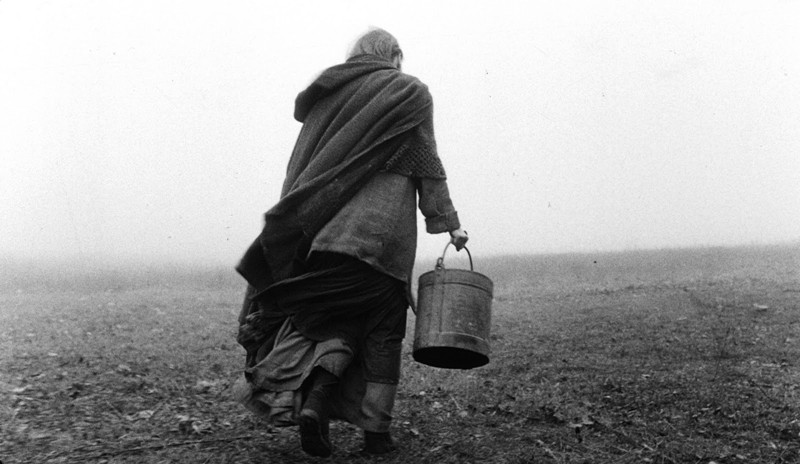
In 1889, famous philosopher Friedrich Nietzsche traveled to Turin, Italy and saw a horse getting its ass beat. Apparently Nietzsche was so moved, he ran up and hugged the horse, only to collapse to the ground. A month later, Nietzsche was plagued by a mysterious mental illness that caused him to be mute and bed ridden for eleven years until his death. Cinema power couple Tarr and Hranitzky tell the story of the horse in this terrific 2011 picture.
A very, very philosophy heavy film that only the brave (and possibly pretentious) may watch, “The Turin Horse” follows a grizzled country farmer who works carting jobs with his horse drawn cart. He travels into the city with his horse, and back home with his horse. His horse is his best friend. The ancient piece of livestock is old, feeble, and sickly, but goes the extra mile when obeying the farmer’s demands. Unfortunately, the horse isn’t immortal, and the farmer and his daughter have to accept the fact of the horse’s eventual death, resulting in a beautiful tale of love, loss, and depression.
Robert Eggers himself says in a BFI interview, “I’m a big lover of Béla Tarr, but the incessant winds in The Lighthouse aren’t so much an homage to him – that just happens when you’re shooting on a desolate rock in Nova Scotia in the North Atlantic!”
7. Greed (Erich Von Stroheim, 1924)
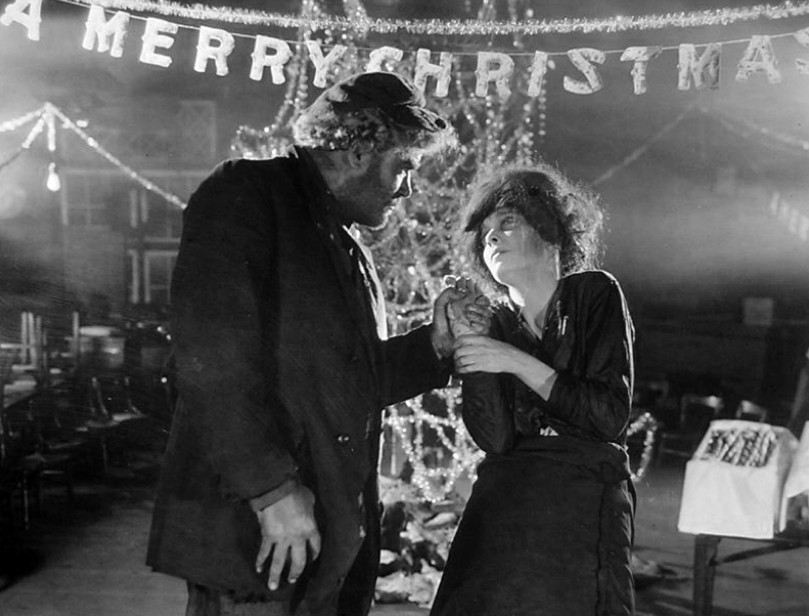
Directed by Eric Von Stroheim, and based on Frank Norris’s novel “McTeague”, “Greed” is the terrifying tale of a 5000 dollar winning lottery ticket’s effect on the life of middle class dentist John (Gibson Gowland) and his wife, Trina (Zasu Pitts). A disgusting circus of human nature follows. After watching this film, you’ll definitely be in a bad mood.
Terrifying and relentless, “Greed” almost plays out like a Lovecraftian horror story minus the God-like monster entities. It almost feels like we’re watching the first half of “The Color Out of Space,” in which a toxic meteorite drives the Gardner family mad. Except money and the brutality of human nature are the toxic forces here. Unfortunately, only a mangled four hour cut is available for viewing, and the additional five hours are lost to time.
8. The Son (Dardenne brothers, 2002)
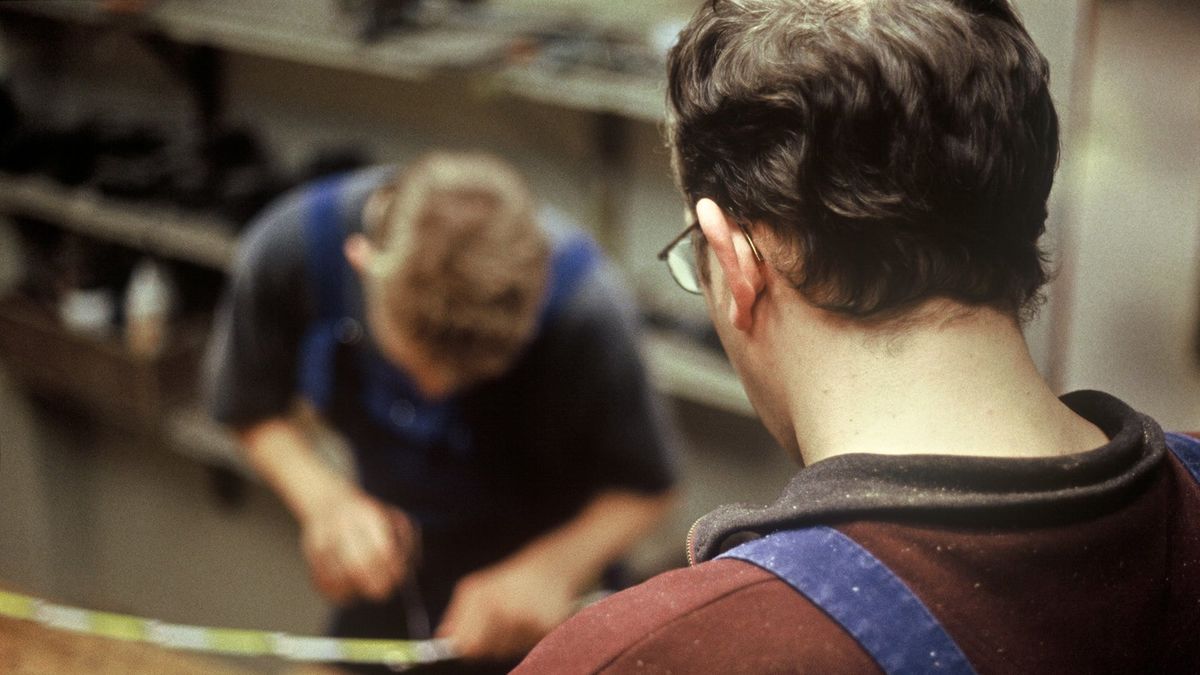
The carpenter Oliver must give vocational lessons to the juvenile delinquent responsible for the death of his son. A perfect film through and through, “The Son” is another win for the Dardenne brothers! The Dardenne brothers’ naturalistic, almost cut free camerawork never fails to mesmerize, and the performances from Oliver Gourmet and Morgan Marinne are all too believable. Oliver Gourmet is so mysterious, Christ-like, and tormented in his delivery, he definitely deserved the win for best actor at the 2002 Cannes film festival. A slow paced mystery with the intrigue and intensity of a fine thriller, “The Son” transcends being just a movie. Hopefully you’ll learn a thing or two about compassion and forgiveness while watching the film’s relationships play out.
Robert Eggers was quoted as saying this in a BFI interview on his influences: “At the same time, the Dardenne brothers were an inspiration: their work is incredible. The way they use the camera is not at all how I do it with Jarin [Blaschke, cinematographer], but their thinking about the physicality of the body in The Son (2002) was in my mind…”
9. The Fog (John Carpenter, 1980)
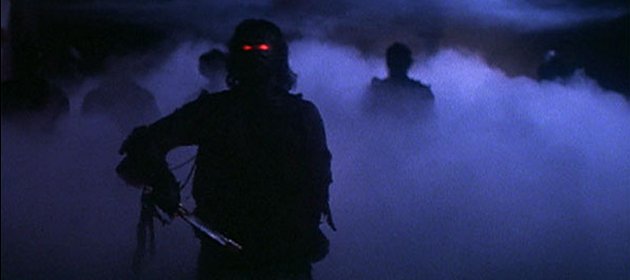
A small, seaside village was secretly founded on the massacre of a ship of lepers. On the town’s anniversary, the lepers rise from the dead, looking for vengeance. Or at least that’s what the campfire stories say.
Another horror classic from John Carpenter, “The Fog” is an innocent, intimate little horror flick about the ghosts of a small, coastal town. While not as explicitly scary as Carpenter’s other works, this scary horror story set by the sea does give you the creeps. From eerie shots of a distant lighthouse to the smokiness of the misty fog, the film’s moodiness is what generates the heebie jeebies.
10. The Pit and the Pendulum (Roger Corman, 1961)
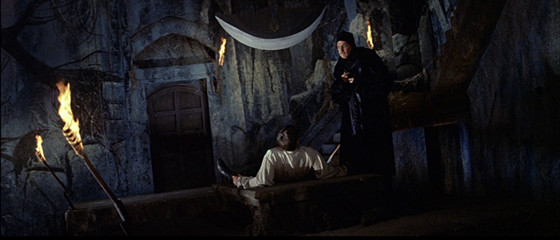
British dude Francis Barnard (John Kerr) is given tragic news: his sister Elizabeth is dead. Barnard arrives at Elizabeth’s widower, Nicholas Medina’s (Vincent Price) castle. Weird occurrences stir up in Medina’s household, and secrets and mysteries are revealed to be hidden deep within Medina’s haunted palace.
Any Robert Eggers fan should note one of his biggest influences: Edgar Alan Poe, one of the original American masters of horror. The plot of “The Lighthouse” was largely inspired by an ancient unfinished Poe story, also titled “The Lighthouse.” And out of all the Edgar Alan Poe movies made, Roger Corman’s “The Pit and the Pendulum” is probably the creepiest and the best. A fine adaptation of one of Poe’s most iconic images, this Roger Corman flick also slips in element’s of Poe’s other writings, encapsulating all the mad writer’s obsessions in one film. Vincent Price’s (as usual) fantastic performance is also a delicious delight to watch.
In an interview with the British Film Institute, Eggers said, “Then we were trying to find a story that would match that. Edgar Allan Poe has an unfinished work called ‘The Light-House.’ And it might have been good. It probably would have been.”